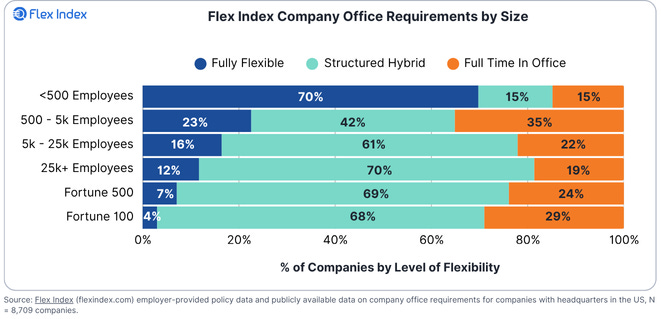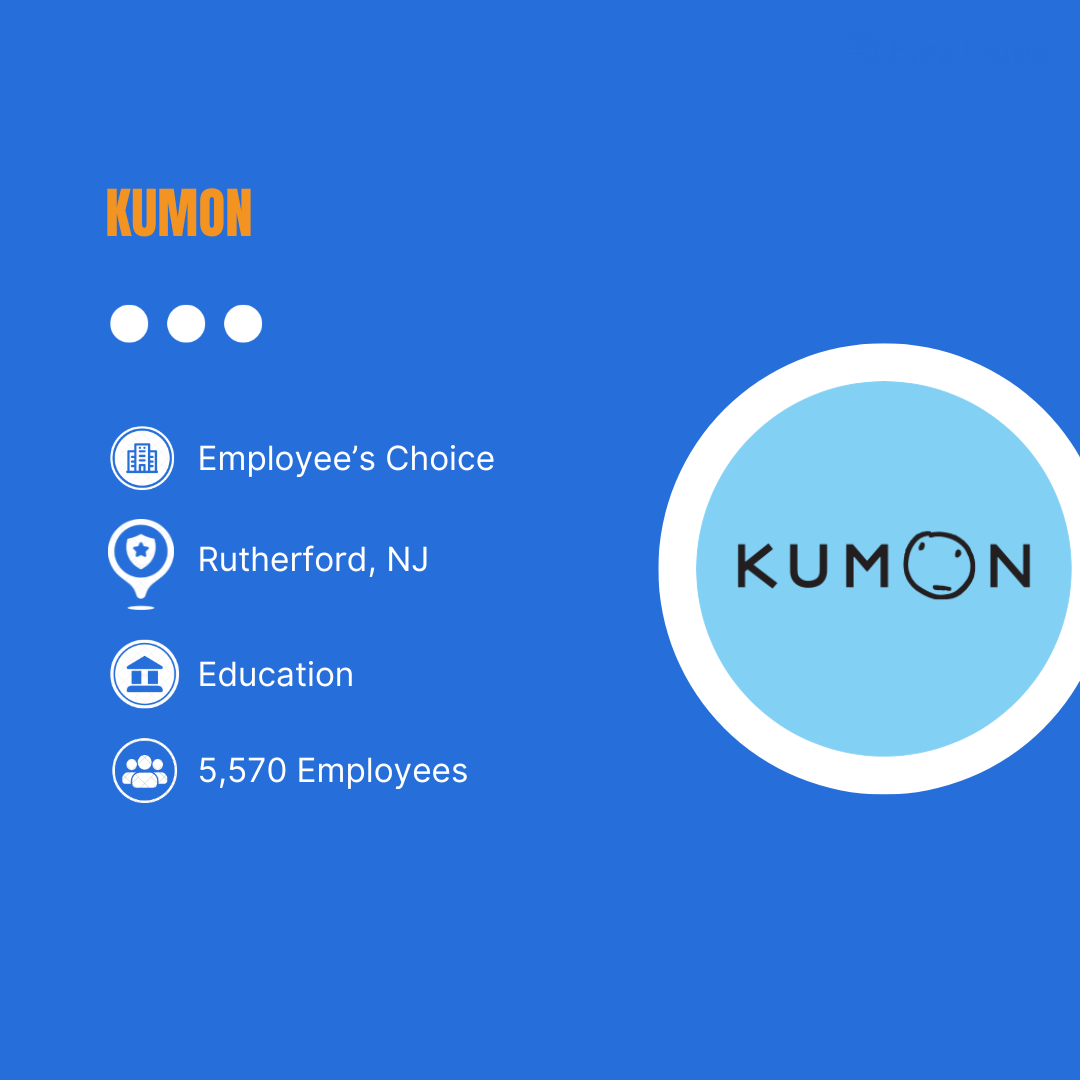Data vs. Hype: The Truth About RTO
Plus, why flexible work research keeps getting misinterpreted
👋 Happy Tuesday! i4cp's executive brief Flexibility or Flight reveals that dictated hybrid schedules are negatively correlated with organizational performance, employee turnover, engagement, talent attraction, and adaptability to future disruptions. As some companies mandate strict RTO policies, this data suggests they may be undermining the very outcomes they're trying to achieve.
In this week’s edition:
📓 i4cp’s RTO Playbook
📊 Company Size vs Flexibility
❓ Misinterpreting Flex Work Data
Current Subscribers: 10,061
Please forward to colleagues and friends!
THIS WEEK’S FLEX FOCUS 🔍
Why RTO Mandates Are Backfiring (And What Actually Works)
While headlines trumpet RTO mandates, i4cp's latest research—leveraging Flex Index data—reveals a striking reality: there's zero evidence that forcing employees back to desks improves productivity or financial performance.
The institute's RTO Playbook dismantles common justifications with hard data. Despite media narratives, 68% of U.S. companies still maintain flexible policies, and global office utilization has plateaued at just 40%. Even Amazon scaled back RTO plans, cutting $1.3 billion in office commitments due to low attendance.
Most telling? Not a single study has documented bottom-line benefits from five-day office requirements. Instead, what actually drives performance: culture health, manager effectiveness, and trust—none of which require badge swipes.
The playbook offers leaders a practical alternative: data-driven frameworks that prioritize outcomes over attendance, helping organizations avoid the 17% attrition spike that typically follows RTO announcements.
FLEX WORK QUICK HITS 💥
Stay ahead of the curve with our curated roundup of the trending flexible work stories making waves right now. Here's what you need to know 👇
Fast Company: Premium office buildings remain in high demand despite oversupply—developers are curating workplace experiences as "cultural and connective" to attract top talent.
Business Insider: Standard Chartered CEO refuses to mandate office returns, saying “we work with adults” who can decide how to manage their teams.
Forbes: RTO mandates are incompatible with modern lifestyles, with employees potentially spending $85+ daily ($1,700/month) on commuting costs.
Bloomberg: HSBC mandates managing directors work in office four days/week starting in October despite a projected desk shortfall of 7,700 desks.
STAT OF THE WEEK 📈
How Company Size Shapes Flexibility
There continues to be a significant distinction in flexible work approach between smaller firms and larger enterprises. 70% of companies with less than 500 employees are Fully Flexible, while just 12% of enterprises with 25,000+ employees are Fully Flexible. Large firms are much more likely to be Structured Hybrid: 70% of 25,000+ employee companies vs 15% of firms with 500 employees or less.
FLEXPERT INSIGHTS 🧠
The Cost of Misreading Flexible Work Data
In her recent LinkedIn article, Cali Williams Yost exposes a fundamental flaw in how workplace flexibility research is being interpreted. The problem? Most studies fail to distinguish between strategic flexible work models and the makeshift arrangements hastily thrown together during the pandemic.
Cali points at the recent coverage from The Economist and WSJ, arguing that when research doesn't account for implementation quality, it creates "apples to oranges" comparisons that mislead leaders into costly decisions.
Rather than debating office versus remote or treating flexibility as a gender issue, Cali advocates for a strategic approach: organizations should audit whether their current flexible work models were implemented with intention or are simply pandemic remnants, then build from there.
COMPANY SPOTLIGHT ✨
Kumon is a global educational institution founded in Japan in 1958, focused on providing advanced mathematics and reading programs for children. The company's mission is to foster self-learning skills in children, enhancing their abilities beyond grade level. Kumon has expanded with more than 25,000 Kumon Centers in 50 countries, making its unique method accessible worldwide.






